Ayah Abubasheer
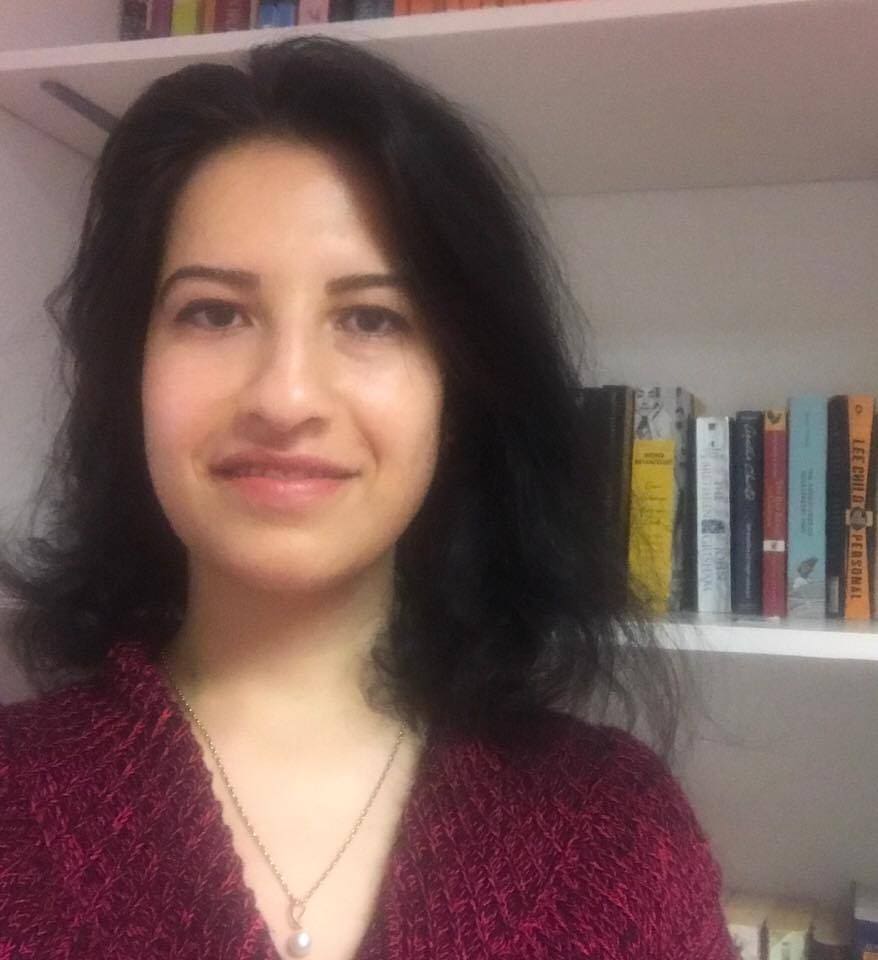
Ayah Abubasheer holds a Master’s degree in Global Politics from the London School of Economics and Political Science (LSE). She has published articles at Electronic Intifada, Palestine Chronicle, Mondoweiss and Middle East Eye.
Anas Iqtait

Al-Shabaka Member Anas Iqtait is a research scholar at the Centre for Arab and Islamic Studies at the Australian National University. His research focuses on the political economy dynamics shaping governance and fiscal policy of the Palestinian Authority, political rentierism, aid effectiveness, and the political economy of the wider region. He has previously worked in Palestine with the United Nations Office for the Coordination of Humanitarian Affairs (OCHA), Oxfam, and the Korean International Cooperation Agency (KOICA) and served as a Research Fellow at Birzeit University in 2017. He also holds a master’s degree in international development policy from Seoul National University.
The War on Gaza in Western and Arab Media
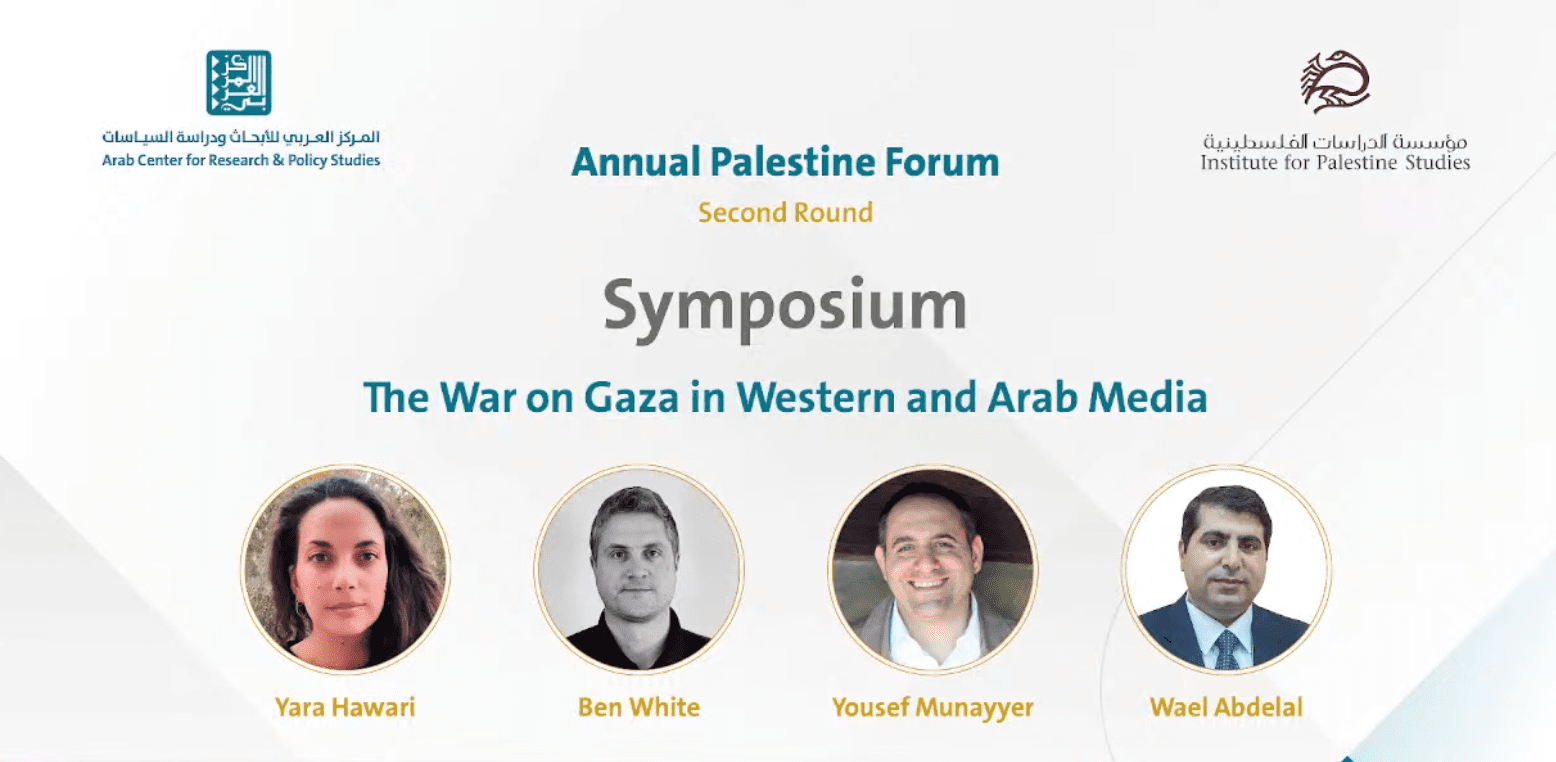
Palestine Solidarity Crackdown: Challenges in the US & Europe
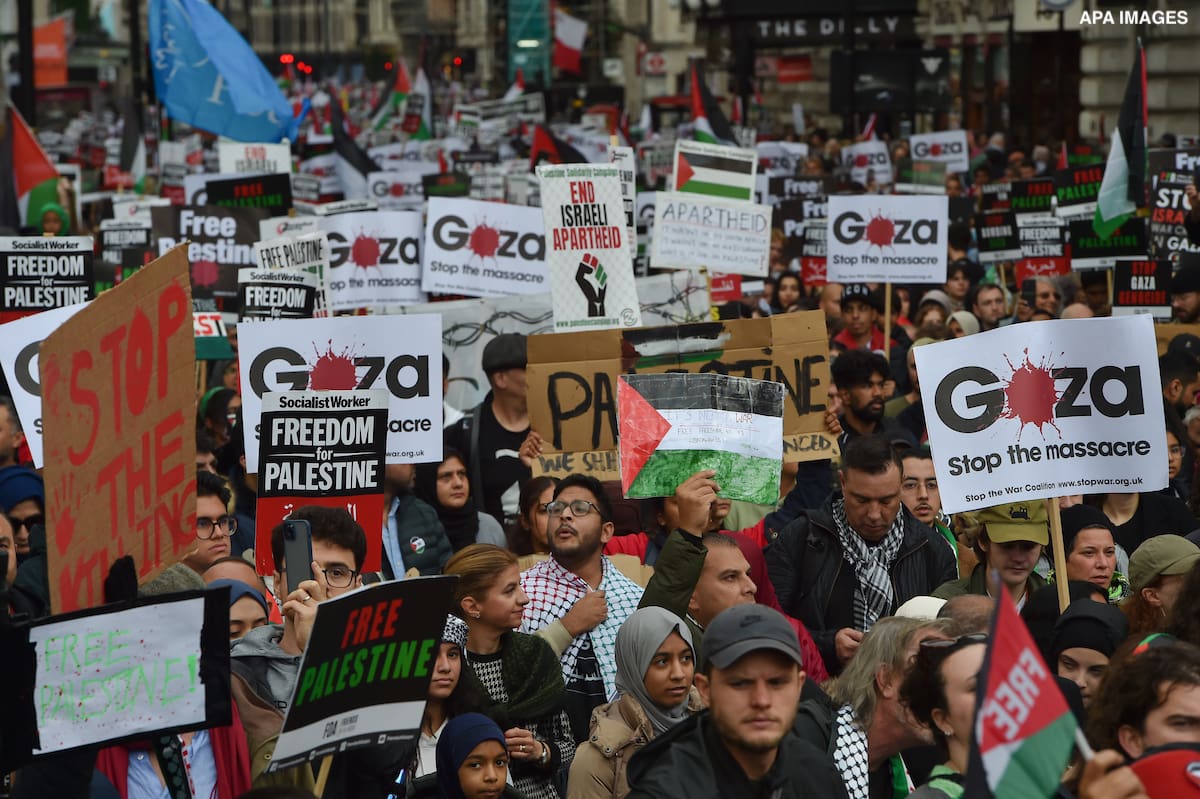
Israel’s 2023 genocide of Palestinians in Gaza has horrified many around the world and drawn widespread public outcry, with unprecedented levels of solidarity organizing taking place. But as this unparalleled camaraderie has emerged, so too has extraordinary repression at every level. Al-Shabaka spoke with Layla Kattermann of the European Legal Support Center (ELSC) and Diala Shamas of the Center for Constitutional Rights (CCR) for further insight on this suppression of mobilization and methods to resist such efforts to stifle Palestine solidarity.
The Dangerous Exceptionalism of Christian Zionism
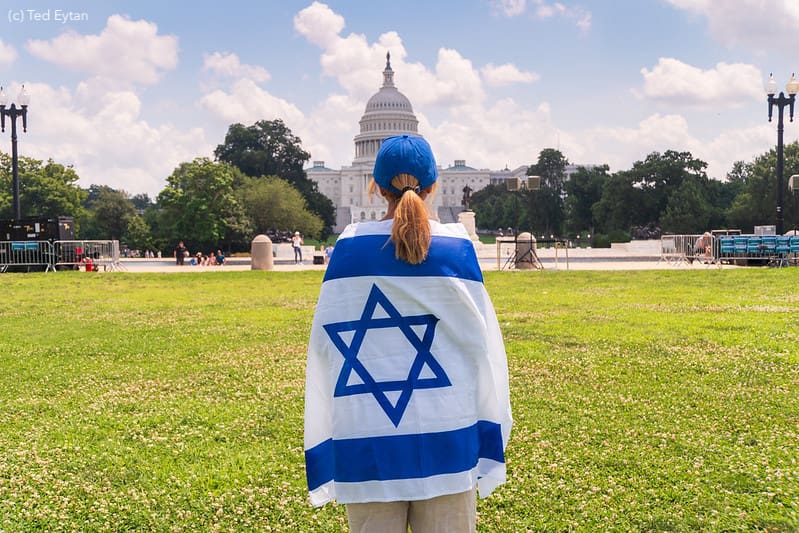
In recent years, much has been written about the overwhelming support former President Donald Trump has received from white evangelical Christians, particularly Christian Zionists. Less examined is the relationship between white supremacy and Christian Zionism, namely their overlapping ideologies and political clout.
In this policy brief, analysts 24418 and 24484 examine the sinister synergy between Christian Zionism and white supremacy, unpacking the exceptionalism upon which Christian Zionist racist ideologies, discourses, and politics are based.
Sanctioning Israel: Feasibility and Ethical Considerations
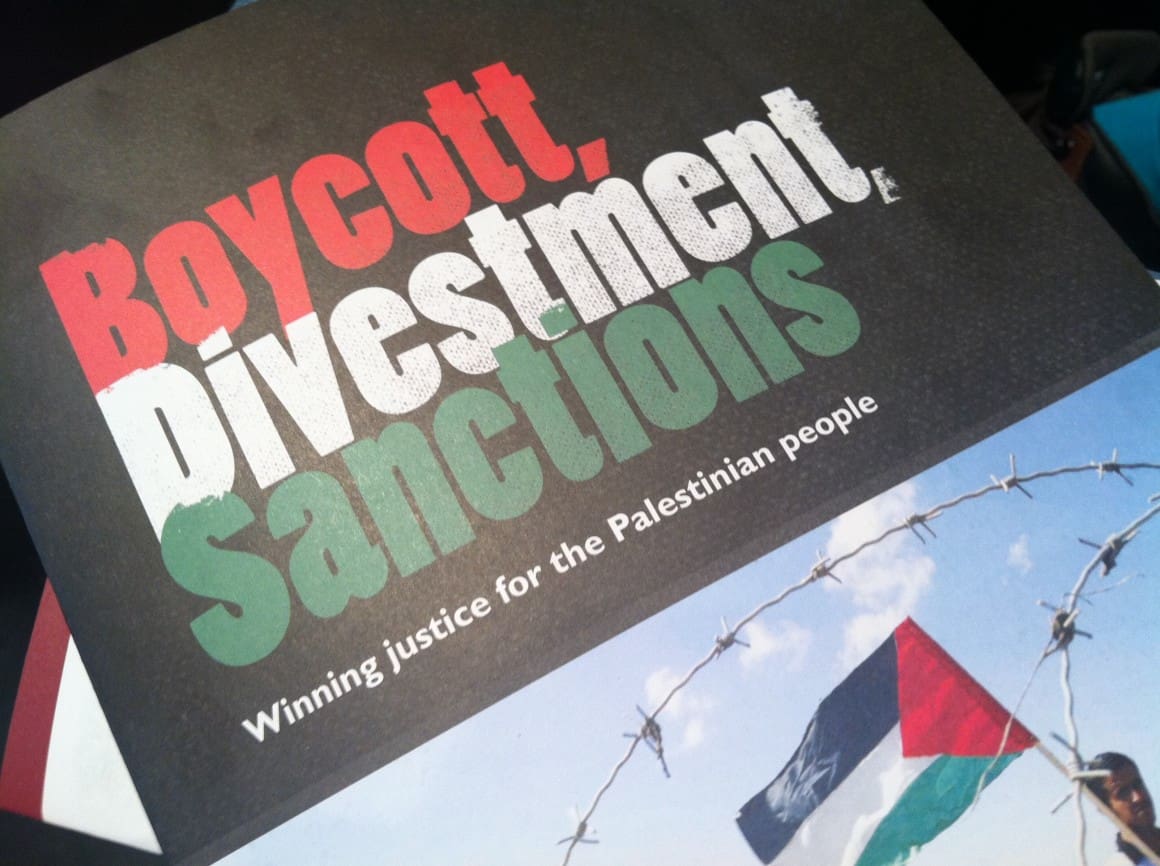
As the Israeli regime escalates its apartheid and settler colonial practices in Palestine, calls for accountability are mounting. Among these demands are growing calls for sanctions. In this interview, Al-Shabaka speaks with Khaled Elgindy and Nada Elia for further insight on this topic. Together, they detail the varied forms that sanctions may take, their potential to affect meaningful change, and distinguish how sanctions targeting the Israeli regime would differ from those wielded by Western powers in other contexts.
Sanctions Against Israel: Effective Tool or Too Little, Too Late?

As the Israeli regime escalates its apartheid and settler colonial practices in Palestine, calls for sanctions against it have likewise increased. Still, sanctions remain controversial – both in terms of their ethics and efficacy. Indeed, many have argued that sanctions have rarely achieved their intended goals. What might sanctions look like in the context of […]
Corporate Accountability in Palestine: Grassroots Strategies
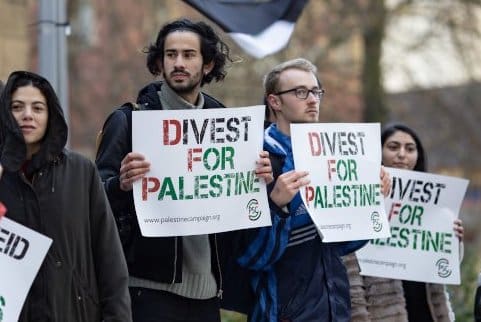
In recent years, Palestine solidarity activists have pressured corporations to end their complicity in the Israeli regime’s violations of Palestinians’ rights.
Challenging Anti-Boycott Legislation in the US
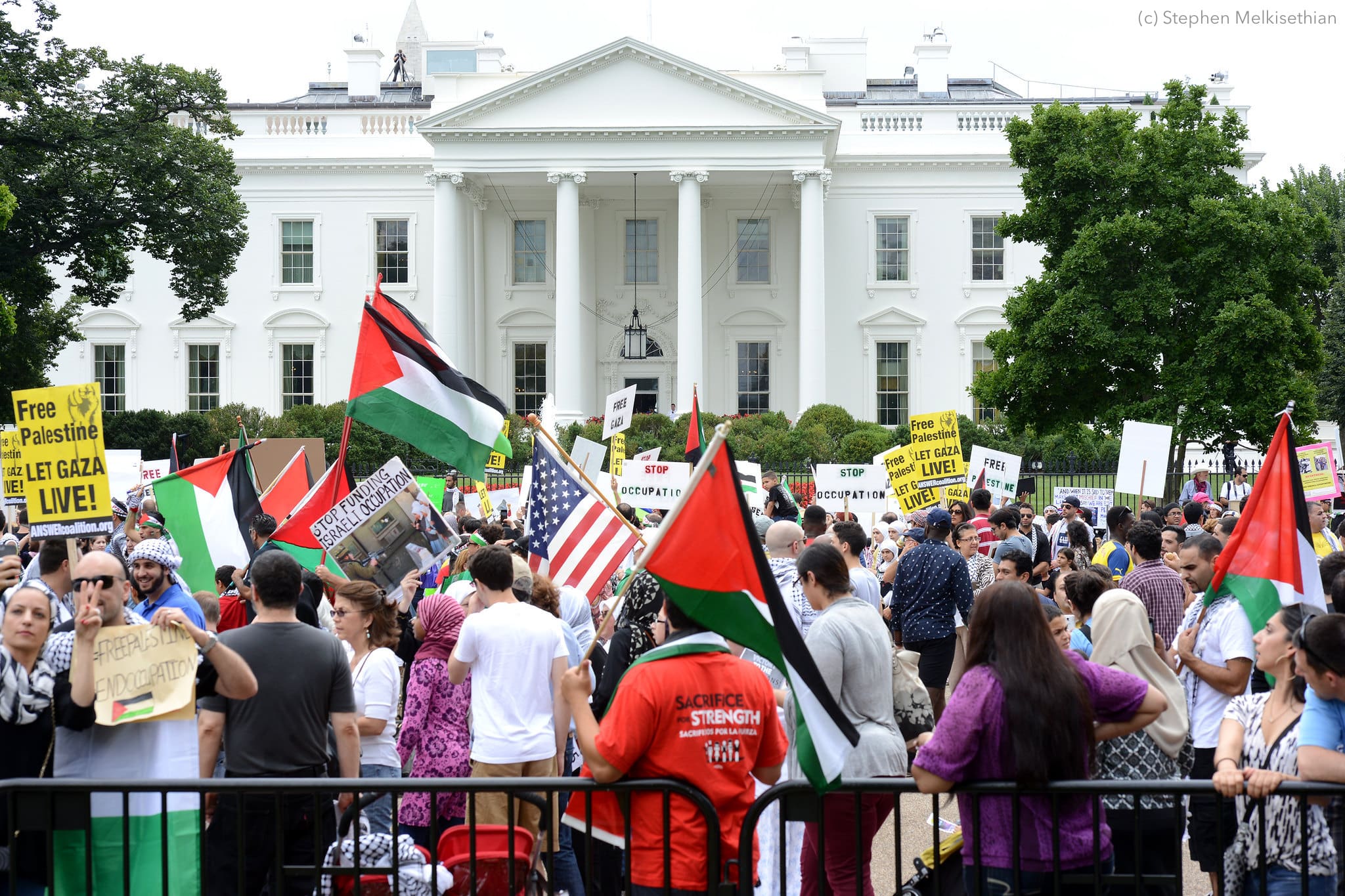
The Israeli regime’s defenders across the US are ramping up efforts to criminalize the constitutionally protected right to boycott. Beyond violating the rights of Palestine solidarity activists, this threatens to undermine the tenets of a healthy democracy. Al-Shabaka’s US Policy Fellow, Tariq Kenney-Shawa, examines this development and suggests what lawmakers, civil society organizations, and concerned citizens should do to challenge it.









